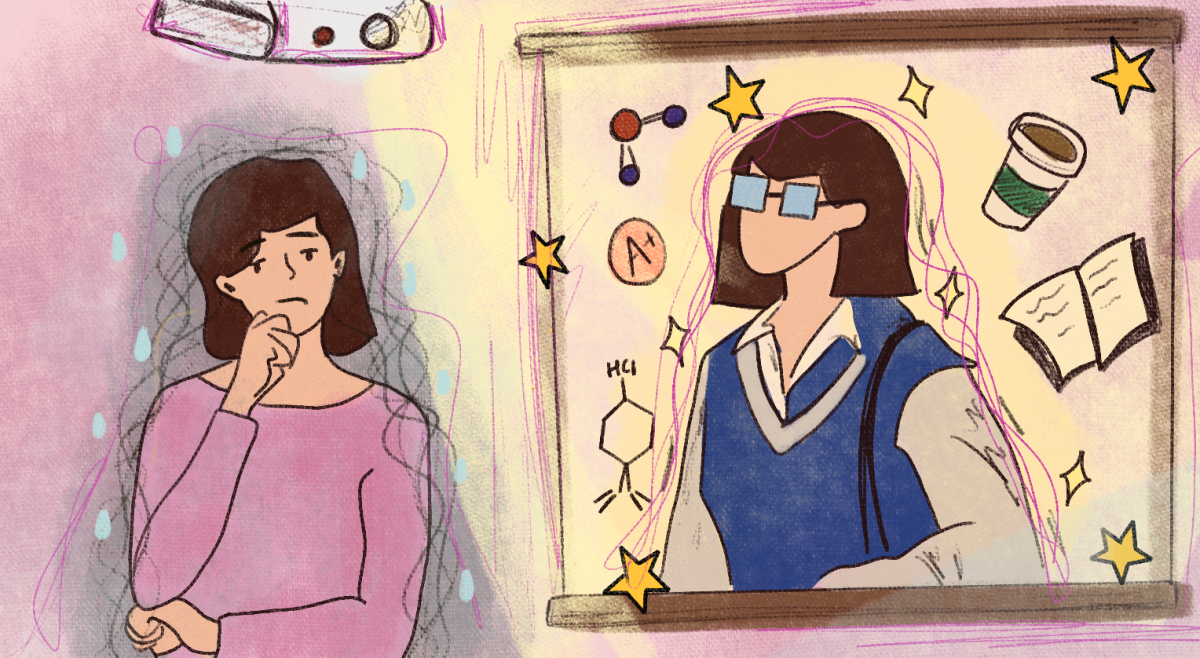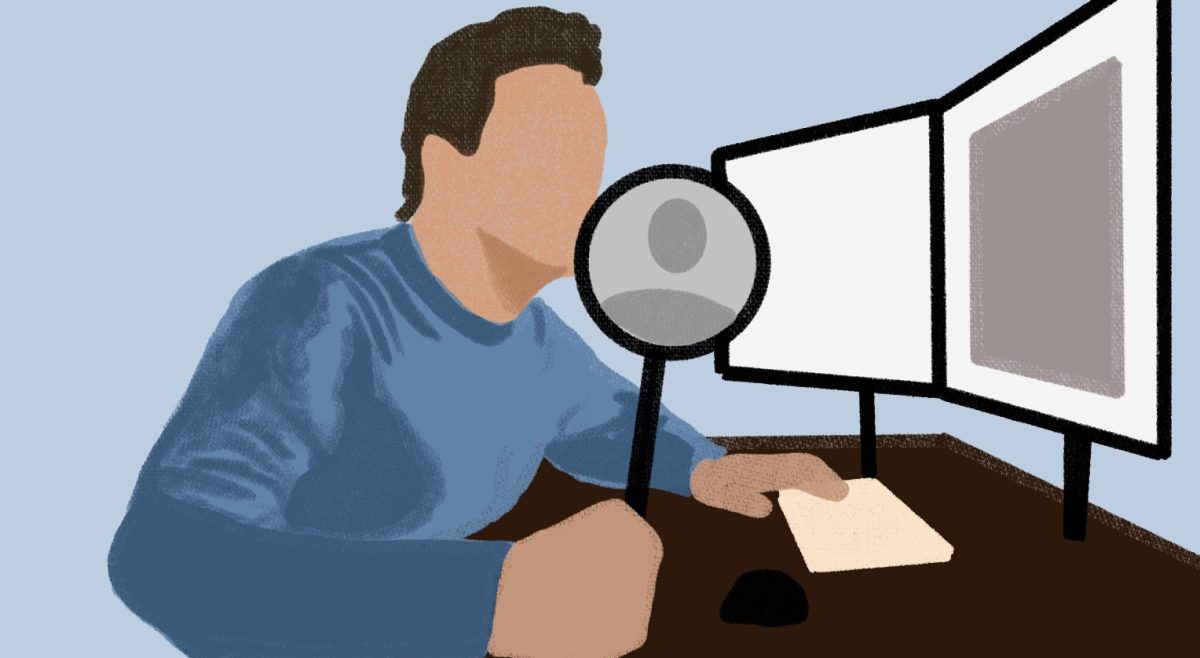As Nelson Mandela walked down the dirt path from Robben Island Prison, it was not anger that rushed through his veins; it was not abhorrence that propelled him forth; it was not revenge that filled his soul. Uniquely-and admirably-as Mandela finally marched toward his freedom, he said, “I knew if I didn’t leave my bitterness and hatred behind, I’d still be in prison.”
Revenge is a compulsive emotion. While many seek vengeance to serve justice, revenge can be rash and conducted out of rage, and, at times, justice cannot always be found. Mandela would never regain the 27 years he spent within the confines of prison-likewise, lost lives can never be brought back.
By the end of this month, Attorney General Eric Holder will make his final decision whether to seek the death penealty for Dzhokhar Tsarnaev, responsible for the April bombing in Boston. And so, the question of justice is brought in. Would the death penalty provide the people of Boston and America a sense of fair play? Can we really ever get justice for what Tsarnaev and his brother did?
Interestingly, The Boston Globe has sought to dissuade Holder from seeking the death penalty, though the horror and pain of that day is strongest and most condensed within its community. The Globe conducted a poll in September, revealing that 57 percent of residents in Boston “favored a sentence of life without parole if Tsarnaev is convicted.” Meanwhile, 33 percent believed death was the most fitting punishment. The search for justice has grown complicated, it appears. Only 18 states in America, including Massachusetts, have eliminated capital punishment-however, the federal government is capable of overriding the wishes of the citizens of Massachusetts.
I cannot say what I believe the most just punishment would be, for the execution of any life is too horrific for my own imagination-however, we must temporarily ignore our sense of morality and humanity. Is it right for Tsarnaev to tread this earth, though confined for the rest of his life within prison walls, while three innocent lives were brutally taken? Would his death send a message to the world? If America does not implement the death penalty on a terrorist, then when would we?
Holder must weigh many facts-three deaths, 260 injuries, and hundreds and thousands of lives touched and frightened. I sit here questioning what the panic must have been like at the scene of the crime and how one heals from such fear.
Holder must evaluate the evidence, the facts, and the consequences that remain because of Tsarnaev’s actions. The New York Times reported that Holder must evaluate the role Tsarnaev played in the bombing, as he worked underneath the will of his brother; he must evaluate the “strength of evidence against the defendant”; and he must take into consideration the wishes of the victims’ families. Yet, even if Holder may wish to implement the death penalty, only the 12 Massachusetts jurors can determine if death will be his punishment. Would Tsarnaev’s death truly heal us all? I beg to differ. Does he deserve to live? I think not. Regardless of whether Dzhokhar’s brother guided him in the bombing, Dzhokhar must pay for his actions. Perhaps his brother truly led him to commit the crime that he did, but that is no excuse.
Perhaps the recent death of Mandela can teach us all something-perhaps Holder will take some of Mandela’s wisdom as he decides how to punish Tsarnaev. Wouldn’t death be an easy way out for Tsarnaev, I ask? He would never have to live with the guilt of his crime-he would never feel the pain, sorrow, and blame of his actions as they would eat away at his soul.
After WWII, the Allies sought to punish those responsible through the Nuremburg Trials. However, after the end of the apartheid government in South Africa, Mandela’s democratic government sought a different path to some sort of justice. His attention was paid to the victims, not the perpetrators. He sought to heal his victims, and he did so through his Truth and Reconciliation Commission. Victims told their stories, and the perpetrators told their own. A process of “truth and reconciliation” ensued-the rules of the commission proclaimed that if the perpetrator spoke truly about his actions, he could receive amnesty in return. And, thus, a process of healing resulted.
I have come to realize that justice can never be served. Even if Tsarnaev is killed, the memories of the bombing will haunt all those who were touched, and the innocent lives of those lost will never be regained. The words of Mandela reverberate in my mind, for we all will have lost the battle if we believe justice is our victory. Our victory is leaving the “bitterness and hatred behind.” Now, we need to heal.
Editor’s Note: The views presented in this column are those of the author alone and do not represent the views of The Heights.












